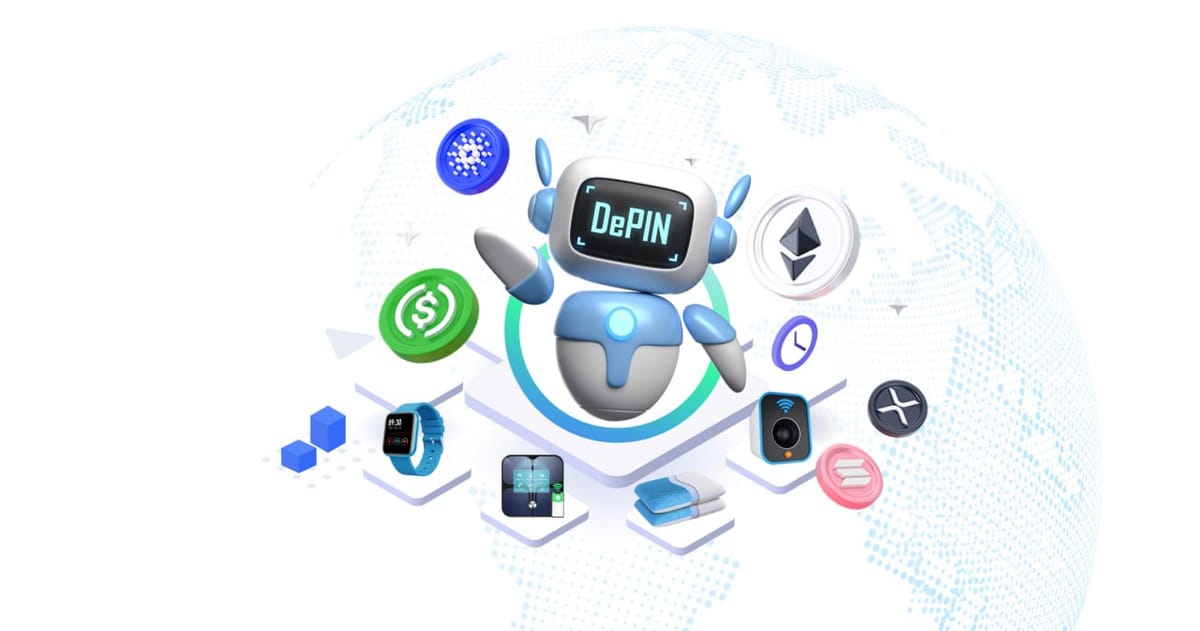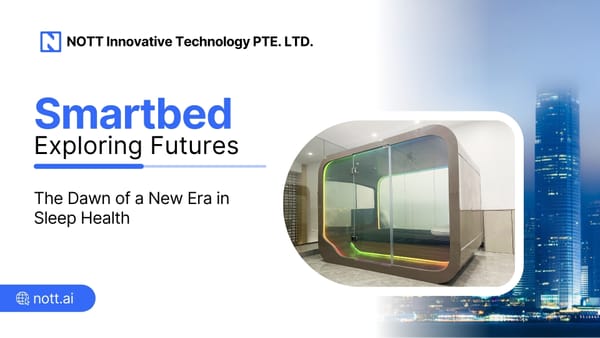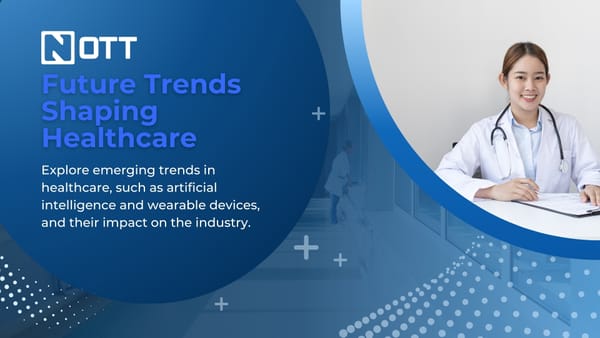Incentivizing Health and Wellness: DePIN's Role in Encouraging Health Data Sharing

DePIN (Decentralized Physical Infrastructure Networks) utilizes blockchain and cryptocurrency to establish, maintain, and manage physical infrastructure such as wireless networks and cloud services. By transitioning from centralized to decentralized models, DePIN promotes a user-participated 'shared economy'. This article explores DePIN's innovative approach to infrastructure, the benefits of utilizing DePIN, challenges in implementing DePIN, and DePIN's impact on health and wellness.
A major obstacle in this age of data-driven healthcare innovations is people's unwillingness to disclose their health records. On the other hand, groups like DePIN (Digital Health Privacy and Incentivization Network) are trying to alter the story by offering incentives for people to share their health data.
Recognizing the revolutionary potential of ethically shared health data to impact healthcare delivery, medical research, and individual wellbeing is central to DePIN's goal. Concerns about privacy and data security, however, have discouraged many people from providing data. Implementing strict privacy procedures, DePIN ensures that data is encrypted, anonymized, and available only to authorized parties, addressing these issues head-on. Health data sharing is encouraged by DePIN because it prioritizes the preservation of people' privacy, which creates trust and confidence among participants.
Also, DePIN knows that the only way to get people to overcome their natural reluctance to give personal information is to provide incentives for doing so. Individuals are recognized for their contributions to the network via DePIN's creative incentive schemes. Financial prizes, access to premium healthcare treatments, or even donations to good organizations are all examples of what may be considered incentives. Researchers and healthcare providers get access to useful insights for enhancing patient care and advancing medical research via DePIN, which offers concrete advantages to people in return for data sharing. This provides a win-win situation.
Transparency and individual liberty are emphasized by DePIN, along with privacy concerns and incentives. Individuals have agency over their data by deciding for themselves who gets access to it and how it is used. Individuals are empowered to own and take responsibility of their health information via DePIN's transparent consent protocols and open lines of communication.
In addition, DePIN understands that working together is essential for getting the most out of health data. In order to ensure that everyone benefits from the sharing of information and resources, DePIN promotes collaborations among people, healthcare providers, researchers, and other interested parties. Stakeholders are able to harness the data-driven potential of DePIN via transparent cooperation and common objectives, leading to substantial improvements in healthcare results and personal wellbeing.
Finally, by resolving privacy issues, offering concrete incentives, empowering people, and encouraging cooperation, DePIN is crucial in encouraging health data sharing. Individuals may help improve healthcare while having their privacy and autonomy protected using DePIN's transparent and safe platform for data sharing. This is just one more way that DePIN is changing healthcare and giving people more agency over their own health and wellness.





